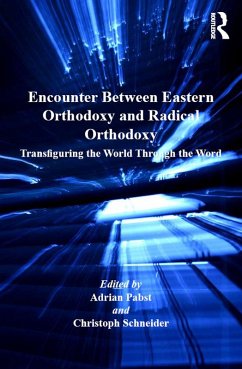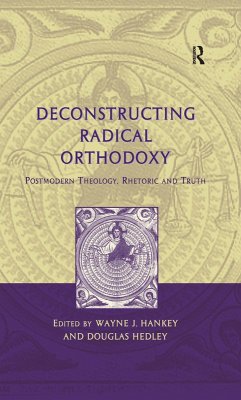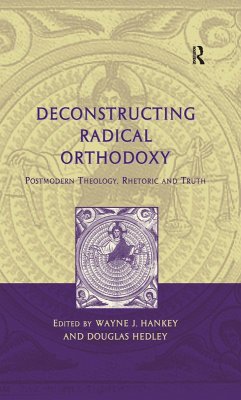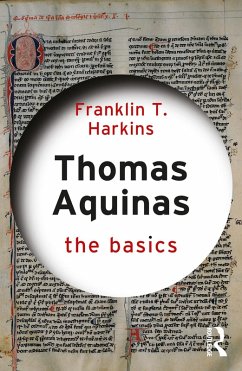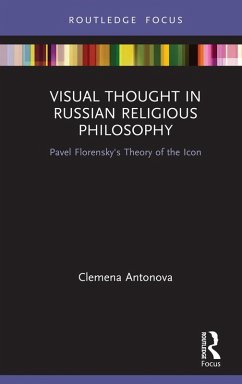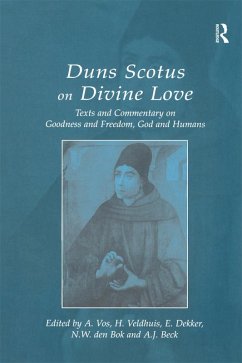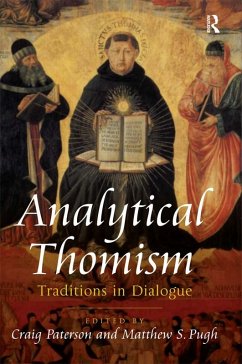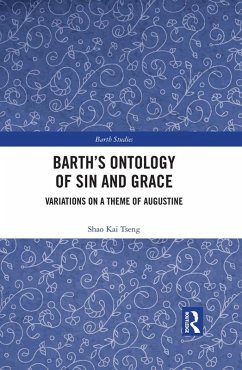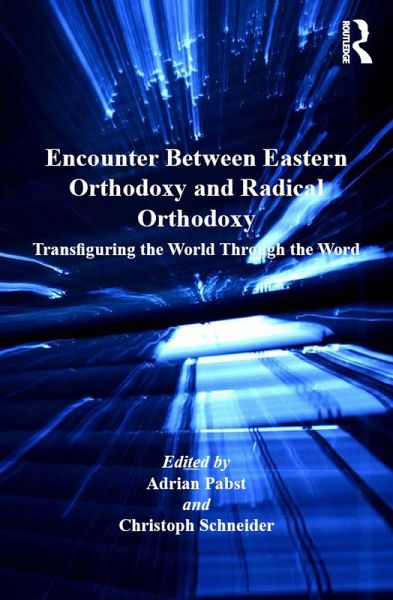
Encounter Between Eastern Orthodoxy and Radical Orthodoxy (eBook, ePUB)
Transfiguring the World Through the Word
Redaktion: Pabst, Adrian
Versandkostenfrei!
Sofort per Download lieferbar
56,95 €
inkl. MwSt.
Weitere Ausgaben:

PAYBACK Punkte
28 °P sammeln!
This book presents the first debate between the contemporary movement Radical Orthodoxy and Eastern Orthodox theologians. Leading international scholars offer new insights and reflections on a wide range of contemporary issues from a specifically theological and philosophical perspective. The ancient notion of divine Wisdom (Sophia) serves as a common point of reference in this encounter. Both Radical and Eastern Orthodoxy agree that the transfiguration of the world through the Word is at the very centre of the Christian faith. The book explores how this process of transformation can be envisa...
This book presents the first debate between the contemporary movement Radical Orthodoxy and Eastern Orthodox theologians. Leading international scholars offer new insights and reflections on a wide range of contemporary issues from a specifically theological and philosophical perspective. The ancient notion of divine Wisdom (Sophia) serves as a common point of reference in this encounter. Both Radical and Eastern Orthodoxy agree that the transfiguration of the world through the Word is at the very centre of the Christian faith. The book explores how this process of transformation can be envisaged with regard to epistemological, ontological, aesthetical, ecclesiological and political questions. Contributors to this volume include Rowan Williams, John Milbank, Antoine Arjakovsky, Michael Northcott, Nicholas Loudovikos, Andrew Louth and Catherine Pickstock.
Dieser Download kann aus rechtlichen Gründen nur mit Rechnungsadresse in A, B, BG, CY, CZ, D, DK, EW, E, FIN, F, GR, HR, H, IRL, I, LT, L, LR, M, NL, PL, P, R, S, SLO, SK ausgeliefert werden.




